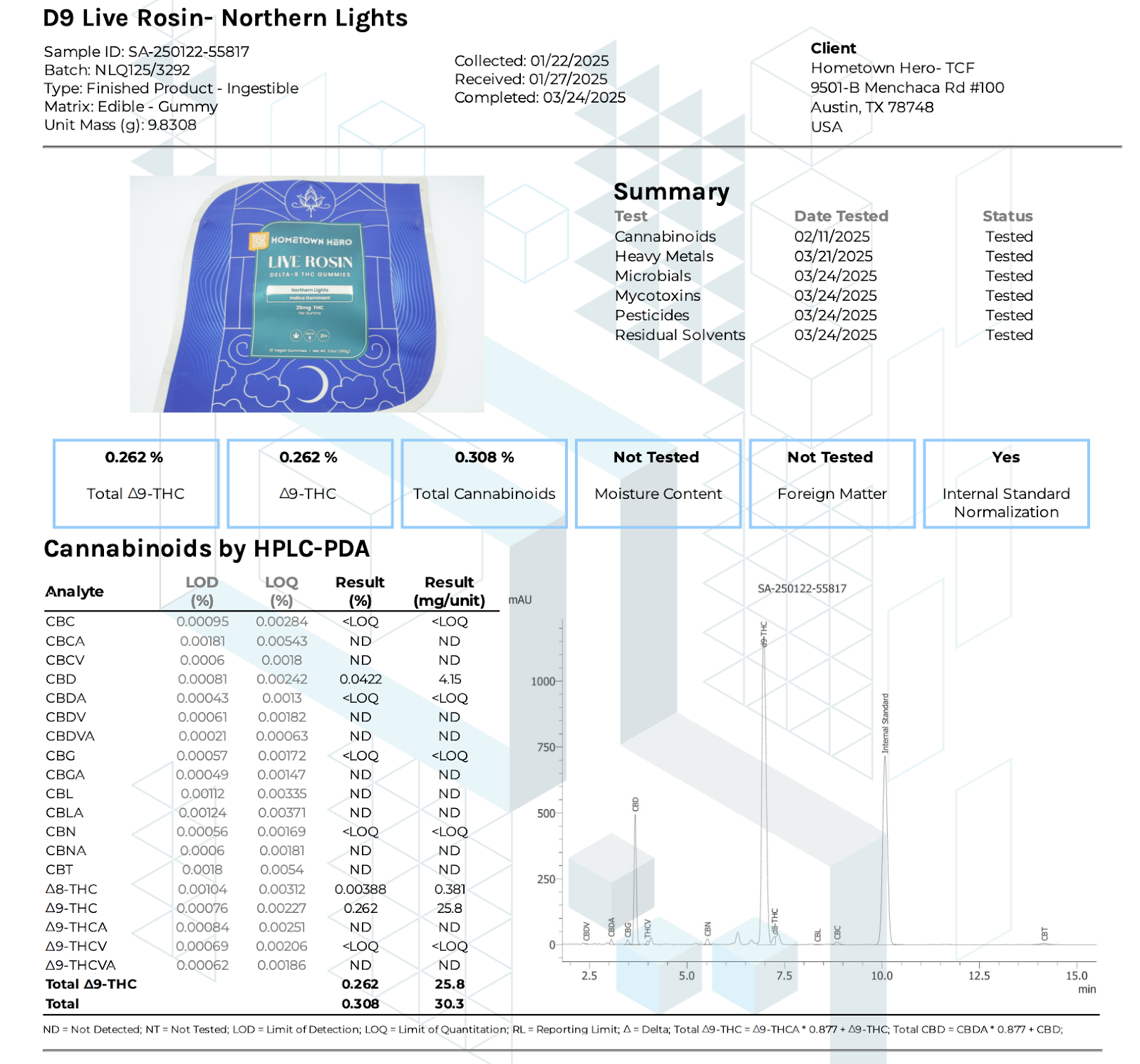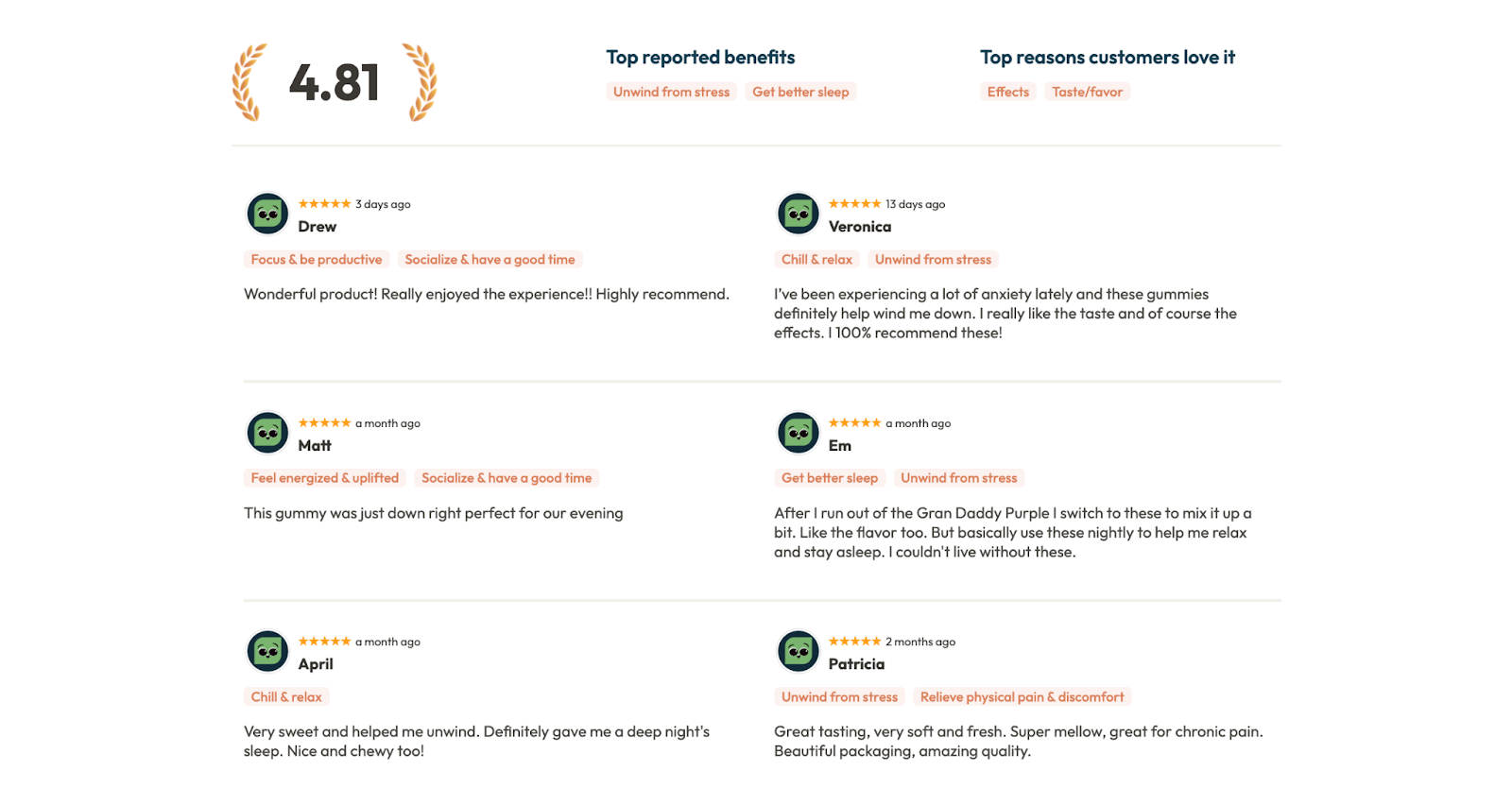Tension accumulating in the trapezius muscles during commutes. Intrusive thoughts disrupting sleep at 3 AM. Physiological reactions to notification sounds. These manifestations of stress represent a universal experience, yet conventional management techniques often prove insufficient, despite the widespread implementation of standard advice.
Recent advancements in stress management research have revealed significant limitations in traditional approaches. Contemporary methodologies now address neurobiological mechanisms rather than merely treating superficial symptoms.
Limitations of Conventional Approaches
Standard stress management protocols, which emphasize respiratory control, physical activity, and sleep hygiene, provide foundational benefits. However, these approaches frequently fail to address the complex biochemical dysregulation that characterizes chronic stress conditions.
Cortisol rhythm disturbances represent a particularly illustrative example. While traditional meditation practices temporarily reduce cortisol concentrations, they rarely correct the fundamental dysregulation of diurnal patterns associated with chronic stress exposure. This limitation explains why many individuals experience diminishing returns despite consistently applying conventional techniques.
Clinical Advisory: Patients with diagnosed anxiety disorders should consult medical professionals before modifying established treatment regimens.
Advanced Intervention Methodologies
Targeted Respiratory Modulation
Traditional deep breathing has grown into specialized patterns targeting specific body responses. The 4-7-8 method (in for 4, hold for 7, out for 8) seems to help activate relaxation better than basic deep breathing. Box breathing works well during those sudden stress moments.
Some breathing research tracks heart rate variation patterns - how your heartbeat changes from one beat to the next. This can show how your nervous system balances between stress and calm modes. Limited studies show that these structured patterns might improve this balance compared to just taking deep breaths.
Implementation Note: Try placing your hand over your heart while practicing balanced breathing. This simple touch activates additional calming pathways in your body, making the technique work even better.
Neurostimulation Applications
There are now earpiece devices designed for stress relief without medication. These clip-ons send mild electrical pulses to nerves in your ear, possibly triggering relaxation responses without needing to focus or practice anything.
Early research is examining whether these devices affect stress markers, such as cortisol. Some brain imaging has also been used to check for activity changes during use.
Other gadgets use vibration patterns to potentially break stress cycles. These might help people who struggle with traditional meditation because of focus issues or racing thoughts.
Endocannabinoid System Modulation
Recent studies look at how our body's cannabinoid network affects stress. This has led to new products like cannabis-infused THC gummies with specific cannabinoid ratios that could offer targeted effects rather than the general results from older options.
Hometown Hero was started by veterans back in 2015. Their product line includes various THC gummy options - from balanced 1:1 ratios for daytime use to stronger formulations for evening relaxation. Each gummy is carefully infused rather than sprayed, ensuring consistent potency throughout the product.
Safety testing is essential when evaluating cannabis products. Hometown Hero's website shows that all the brand's products are tested by independent labs.
These tests look for:
- Farm chemicals like pesticides (testing for over 60 common agricultural compounds)
- Metals like lead and mercury (full panel including arsenic and cadmium)
- Harmful microbes (testing for E. coli, salmonella, and other pathogens)
- Toxins from molds (screening for aflatoxins and ochratoxin A)
- Leftover chemicals from processing (examining for 42 potential solvent residues)

The batch-specific testing makes a real difference in product reliability. While many brands test occasionally, Hometown Hero appears to test every production batch, providing batch numbers on packaging that let consumers check their specific product's results.
Their gummies contain hemp-derived Delta-9 THC and CBD, which some users say provide different effects than traditional marijuana products. The live rosin gummies, in particular, preserve the natural terpene profiles of specific cannabis strains, offering more nuanced effects than generic THC products.
Users report varying experiences with different cannabis formulations for stress management. According to product reviews on company websites, some find the Canna-Classic line with balanced THC ratios helpful for maintaining focus during stressful days, while others prefer the Absolute line's stronger concentration for evening relaxation. The variety in cannabinoid ratios and terpene profiles allows users to customize their approach to stress relief.

For those new to cannabis-based stress management, the 5mg THC options in the Canna-Classic line offer a gentle introduction. More experienced users might prefer the Peak line with 100mg THC gummies for deeper relaxation. The key is starting with lower doses and finding what works best for your individual body chemistry.
Conclusion
New stress management focuses on personalization. Different tools work better for different people and situations.
Morning tension might respond better to light exposure and certain cannabis types. Evening stress might need relaxation methods or specific strains known for their calming effects. More specific product formulations give us more options than before. Products with strain-specific effects let people choose what works for their unique needs.
The point isn't to erase stress completely - just to handle it better. With the right approach, these methods might boost your ability to bounce back from daily pressures. As with any wellness approach, the key is finding what works for your unique body chemistry and lifestyle rather than following generic recommendations.
Modern Alternatives to Traditional Stress Relief: A Health-Conscious Guide